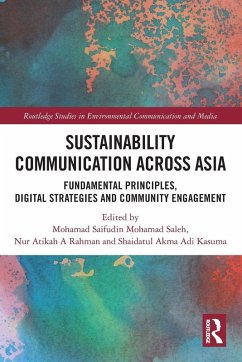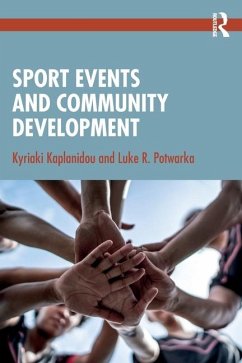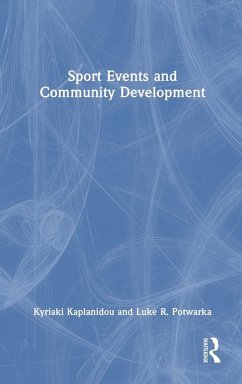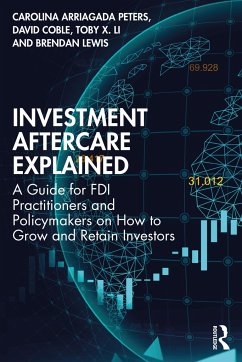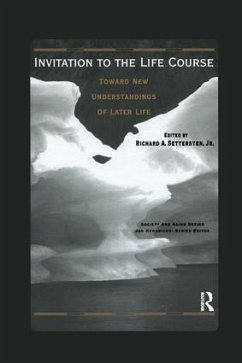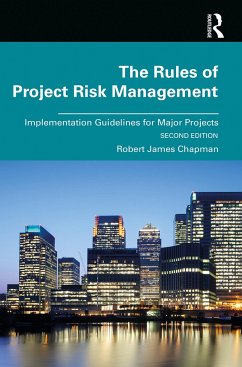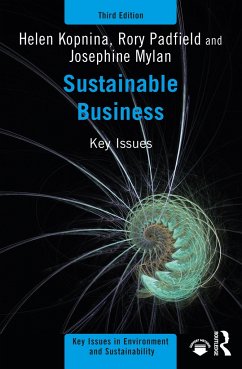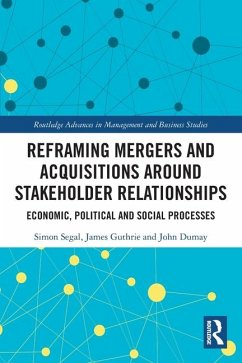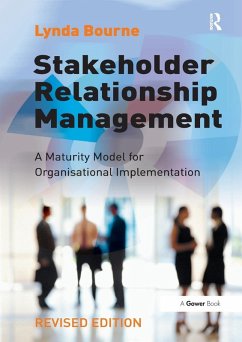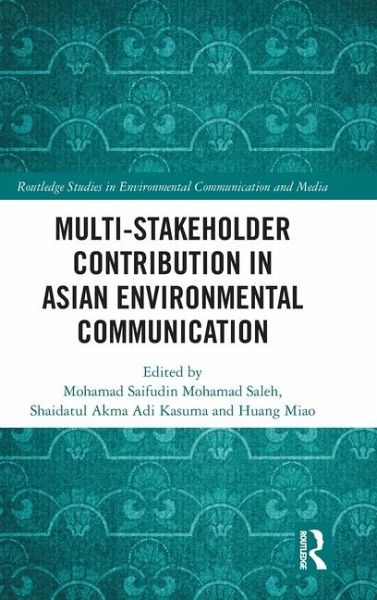
Multi-Stakeholder Contribution in Asian Environmental Communication
Versandkostenfrei!
Versandfertig in 6-10 Tagen
154,99 €
inkl. MwSt.

PAYBACK Punkte
77 °P sammeln!
Multi-Stakeholder Contribution in Asian Environmental Communication focuses on how diverse actors can come together to promote sustainable environmental practices.Bringing together 25 environmental communication scholars and practitioners across 15 innovative chapters, this book explores the dynamic roles of stakeholders - ranging from governmental bodies and non-profit organisations to local communities and industry players - involved in advancing environmental communication across the Asian continent. Drawing on a rich tapestry of case studies and interdisciplinary perspectives, the book she...
Multi-Stakeholder Contribution in Asian Environmental Communication focuses on how diverse actors can come together to promote sustainable environmental practices.
Bringing together 25 environmental communication scholars and practitioners across 15 innovative chapters, this book explores the dynamic roles of stakeholders - ranging from governmental bodies and non-profit organisations to local communities and industry players - involved in advancing environmental communication across the Asian continent. Drawing on a rich tapestry of case studies and interdisciplinary perspectives, the book sheds light on the interplay of religious, cultural, political, and economic factors that shape environmental communication strategies and public perception in Malaysia, Indonesia, Bangladesh, China, Thailand, Iran, Japan, and Pakistan. It probes into contemporary issues such as Islamic environmental communication, gender roles, social media, political communication, the role of games and gaming companies, as well as the portrayal of ecological messages in film. Overall, this book aims to bridge the gap between theory and practice and will make a significant contribution to the growing literature on multi-stakeholder contribution in environmental communication, particularly in the Asian context.
This volume will be of great interest to practitioners, policymakers, and researchers working in the field of environmental communication.
Bringing together 25 environmental communication scholars and practitioners across 15 innovative chapters, this book explores the dynamic roles of stakeholders - ranging from governmental bodies and non-profit organisations to local communities and industry players - involved in advancing environmental communication across the Asian continent. Drawing on a rich tapestry of case studies and interdisciplinary perspectives, the book sheds light on the interplay of religious, cultural, political, and economic factors that shape environmental communication strategies and public perception in Malaysia, Indonesia, Bangladesh, China, Thailand, Iran, Japan, and Pakistan. It probes into contemporary issues such as Islamic environmental communication, gender roles, social media, political communication, the role of games and gaming companies, as well as the portrayal of ecological messages in film. Overall, this book aims to bridge the gap between theory and practice and will make a significant contribution to the growing literature on multi-stakeholder contribution in environmental communication, particularly in the Asian context.
This volume will be of great interest to practitioners, policymakers, and researchers working in the field of environmental communication.





